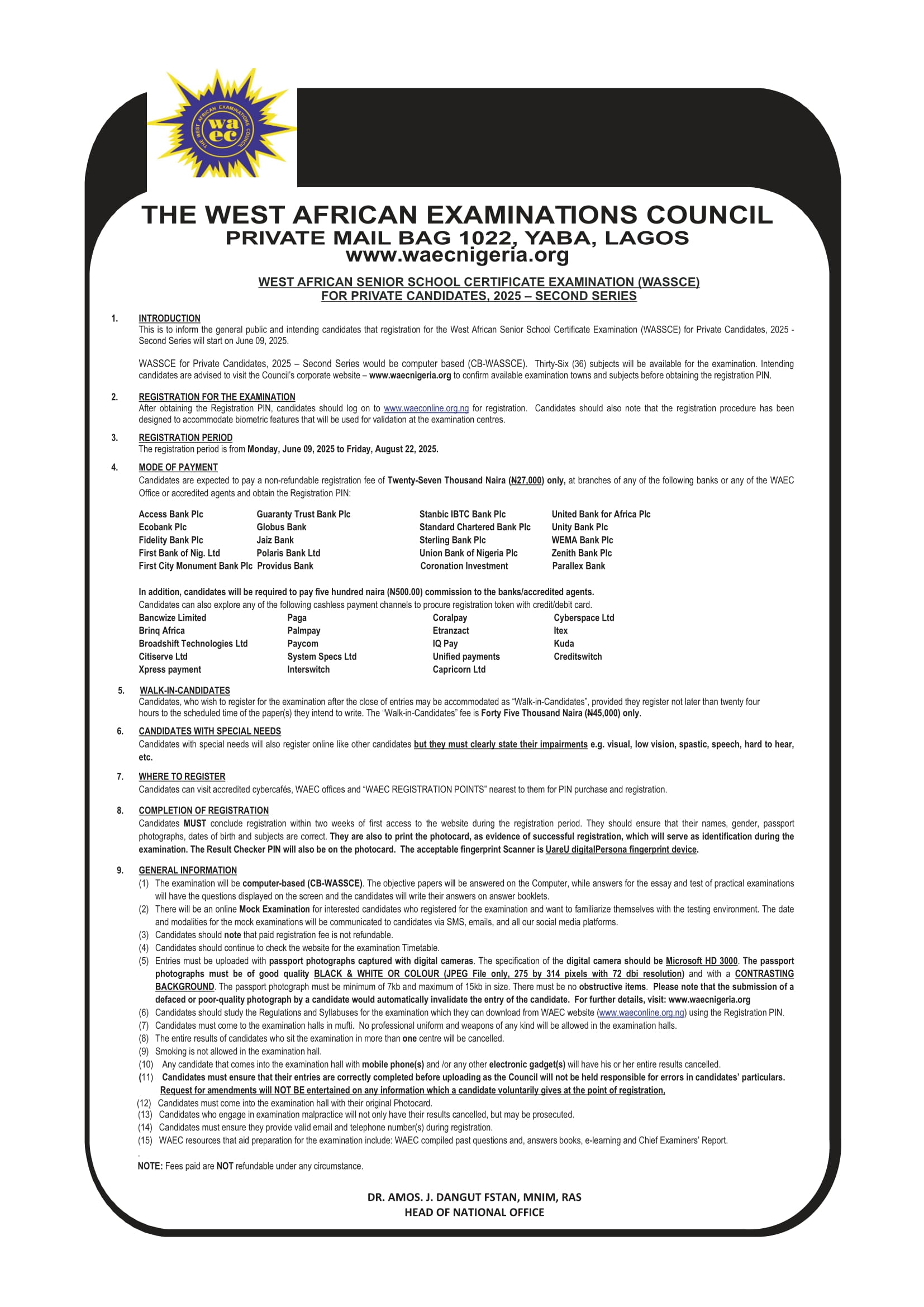
Oyetola, Marine and Blue Economy Minister
FG Vows to End Fish Import Dependency, Boosts Local Food Security, Jobs

The Federal Government has pledged to aggressively enhance local fish production to eliminate Nigeria’s reliance on imported fish.
The Minister of Marine and Blue Economy, Adegboyega Oyetola, made this declaration during a high-level consultative meeting with fisheries cooperative groups in Abuja on Wednesday.
Oyetola outlined a bold plan to transform Nigeria’s aquaculture sector into a key driver of food security, job creation, and export growth. “Nigeria must chart a new course toward self-sufficiency in fish production,” he stated, emphasizing the government’s commitment to supporting the fisheries and aquaculture subsector through policy reforms, technical assistance, and financial inclusion.
The meeting, organized by the Federal Ministry of Marine and Blue Economy, included leaders from major industry associations such as the Fisheries Cooperative Federation of Nigeria (FCFN), Tilapia Aquaculture Developers Association of Nigeria (TADAN), and the Catfish Farmers Association of Nigeria (CAFAN).
Oyetola highlighted initiatives to empower women and youth in the sector, including start-up grants, aligning with President Bola Tinubu’s Renewed Hope Agenda.
“Increasing youth participation in aquaculture is crucial for food production and reducing unemployment,” he added.
Stakeholders raised critical challenges, including overfishing, lack of financing, poor storage infrastructure, and high feed costs. In response, Oyetola assured that the Ministry is engaging local and international partners, including the World Bank, to address these issues.
He also said collaborations with the Nigerian Agricultural Insurance Corporation (NAIC) and plans to expand successful aquaculture models like the Oyan Dam project nationwide.
Permanent Secretary Olufemi Oloruntola reiterated the Ministry’s dedication to inclusive growth through partnerships, while Fisheries Director Wellington Omoragbon stressed the need for stronger institutional frameworks.
Participants welcomed the dialogue as a timely step toward actionable solutions, expressing optimism that Nigeria could soon achieve fish self-sufficiency and become a net exporter.
The meeting concluded with a shared commitment to sustained collaboration for sectoral transformation.
About The Author

